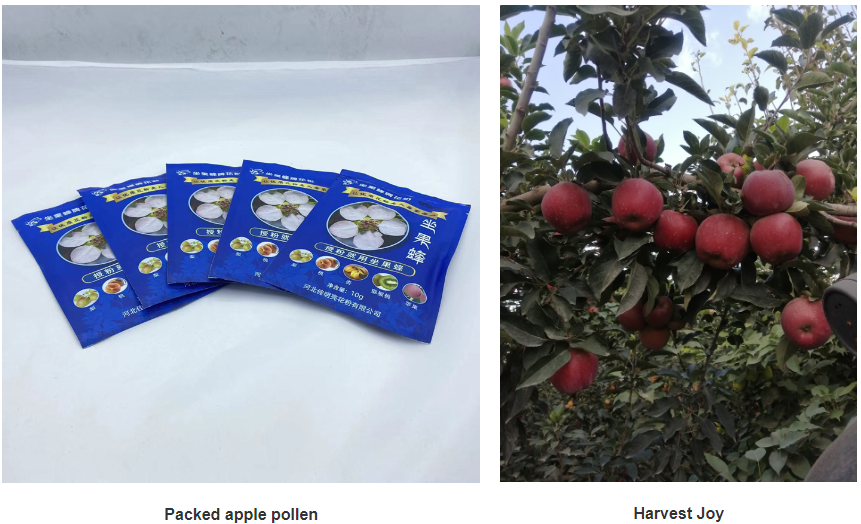Oct . 13, 2024 13:46 Back to list
apricot pollen pollination
Apricot Pollen and Its Role in Pollination
Pollination is a crucial process in the life cycle of many flowering plants, including apricot trees (Prunus armeniaca). The role of pollen, which consists of tiny grains produced by the male reproductive organs of flowers, is fundamental to successful fertilization and fruit production. In particular, apricot pollen is vital for the transfer of genetic material that leads to the development of apricots, a popular stone fruit known for its sweet flavor and rich nutritional profile.
Apricot Pollen and Its Role in Pollination
The timing of blooming is critical for apricot pollination. In many climates, apricot trees bloom in early spring, making them susceptible to fluctuations in temperature. A late frost can be detrimental, as it can damage blossoms before pollination occurs. To mitigate this risk, many apricot growers select hardy varieties that can withstand cooler temperatures, ensuring a successful pollination process.
apricot pollen pollination

Research has shown that factors influencing pollination effectiveness include not only the viability and quantity of pollen but also environmental conditions such as temperature, humidity, and the presence of pollinators. A healthy population of bees is particularly important, as they are the primary agents responsible for transferring apricot pollen. Farmers often promote bee health by planting additional flowering plants and minimizing pesticide use during the blooming period.
Furthermore, advancements in agricultural practices are enhancing the understanding of pollination dynamics. Studies examining the influences of different pollination techniques—such as hand pollination versus natural pollination—have provided insights into achieving optimal yields in apricots. By recognizing the importance of apricot pollen in the pollination process, growers can implement strategies to optimize fruit production, ensuring that consumers have access to this delicious and nutritious fruit.
In conclusion, apricot pollen is a vital component of the pollination process, influencing fruit set, yield, and quality. As we continue to understand its role in agriculture, the importance of fostering healthy ecosystems to support pollinators becomes increasingly clear.
-
Plant Pollen Analysis: Fast & Accurate with GPT-4 Turbo
NewsAug.02,2025
-
KiwiPollen with GPT-4 Turbo: AI Health Supplement Boost
NewsAug.01,2025
-
Pollen Peach Tree AI Management with GPT-4-Turbo
NewsJul.31,2025
-
Eco Fruit Paper Bags for Peak Freshness | Durability Focused
NewsJul.31,2025
-
Pollen Peach Tree for Pure Pollination and High-Quality Peach Pollen
NewsJul.30,2025
-
Premium Cherry Pollen for Pure Pollination & Different Types
NewsJul.30,2025